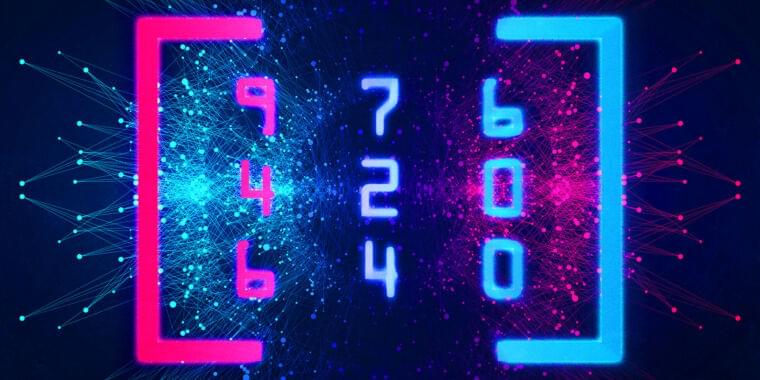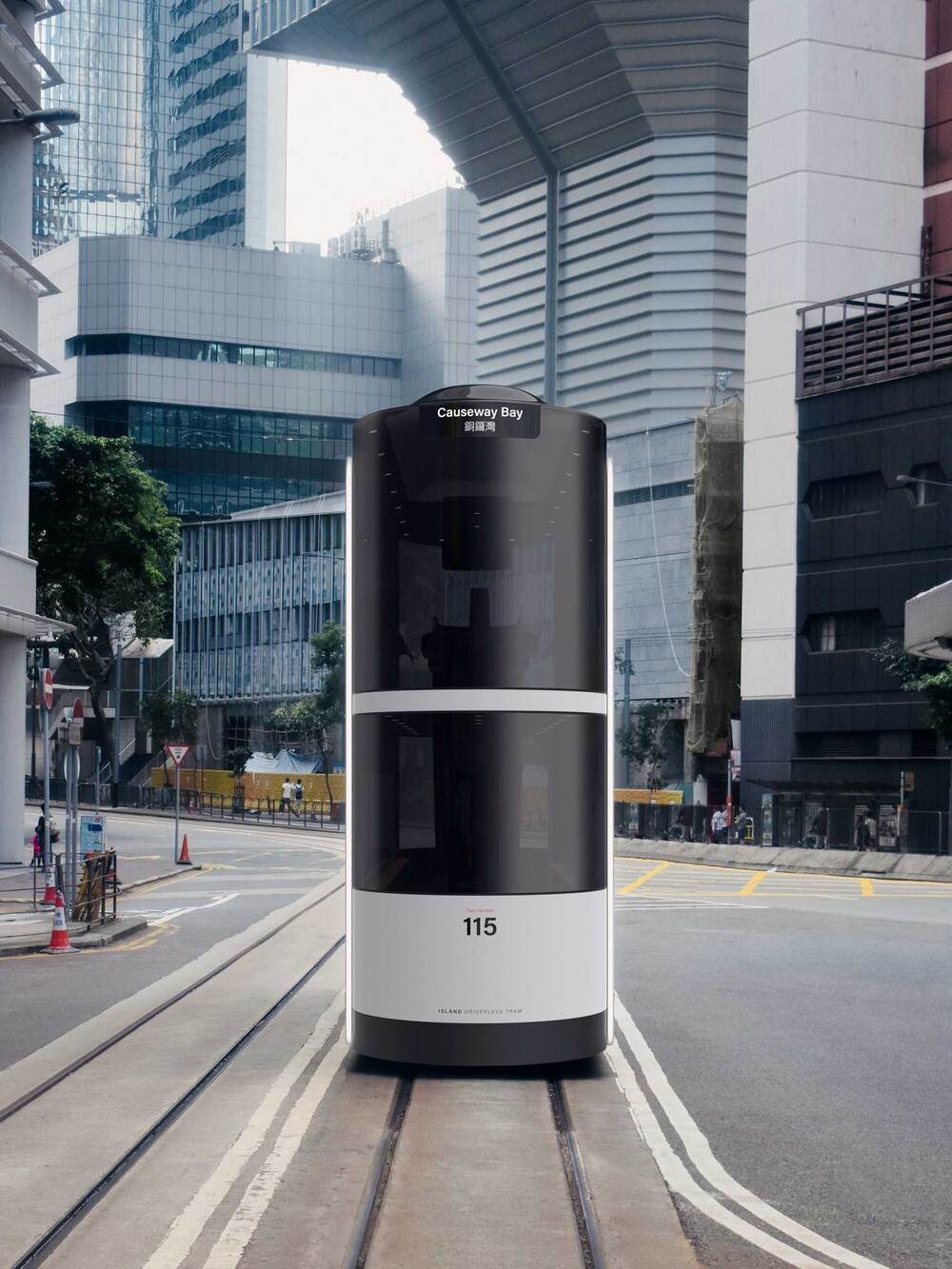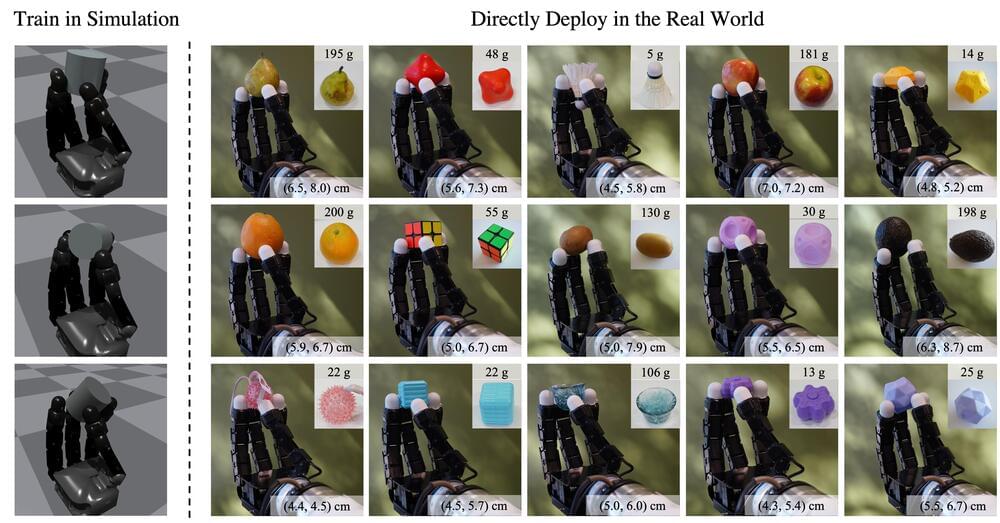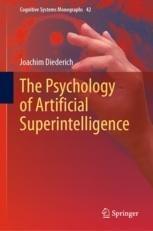AI, Ameca, Elon Musk and Boston Dynamics. A big month for AI. Please visit https://brilliant.org/digitalengine — a great place to learn about AI and STEM subjects. You can get started for free and the first 200 people will get 20% off a premium annual subscription.
Thanks to Brilliant for sponsoring this video.
The surprising benefits of curiosity:
https://greatergood.berkeley.edu/article/item/six_surprising…_curiosity.
A path towards autonomous machine intelligence, Yann LeCun.
https://openreview.net/pdf?id=BZ5a1r-kVsf.
The AI is GPT-3, which you can access via OpenAI. If you ask it similar questions, you’ll usually get similar answers (with some variation based on settings and prior conversation).
The human-like avatar is from Synthesia (we created the Tesla robot avatar).







